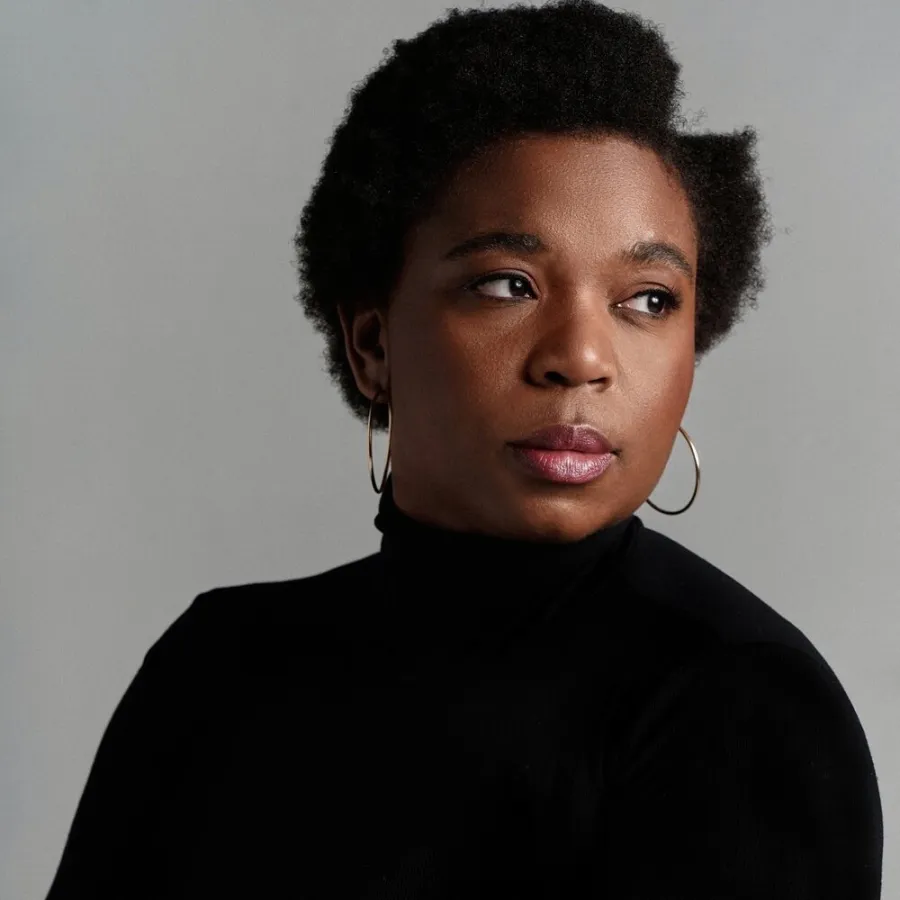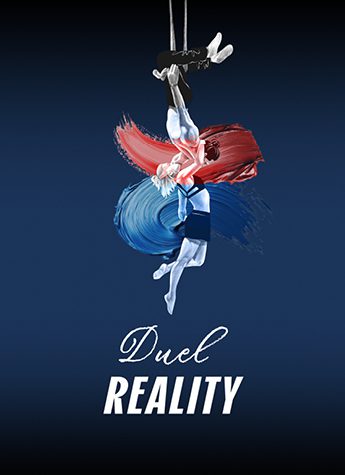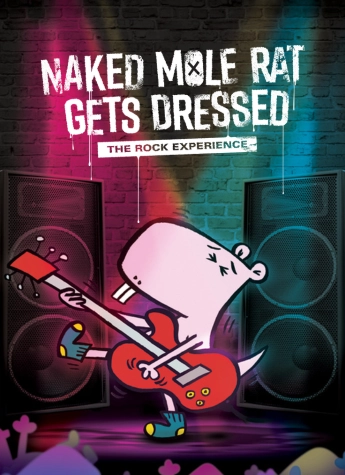- Shows &
Tickets-
-
Naked Mole Rat Gets Dressed: The Rock Experience
FEB 21 – JUN 30
Goizueta Stage for Youth & Families
-
-
- Classes &
Camps-
-
-
-
Interested in after-school activities for your kids? Explore After School Programs
- After School Programs
-
-
-
- Schools &
Educators-
-
- Schools & Educators
Partner with the Alliance Theatre Institute for professional learning for educators and arts-integrated or theater-based instruction for students.
-
Unique Programs
We offer unique programs that use the power of the arts to inspire students, develop skills, and create positive change in schools and communities.
- Poetry Out Loud: Georgia
- JumpStart Theatre
-
-
-
-
Tickets for Teachers is a free ticket program for educators at Alliance Theatre productions. View Program Details
- Tickets for Teachers
-
-
-
- Artists &
Community-
-
- Artists & Community
Learn more about our playwriting programs, partnerships with community organizations, and resources for artists.
-
An exploration of theater and the people who make it happen.
-
Check here for all major announcements from the theater.
-
-
- Impact &
Support-
-
- Impact & Support
Your support brings stories to life, funds community programs, and ensures more people have access to powerful theater experiences.
-
Name a Seat in the Goizueta Stage
Put your unique handprint on better tomorrows for Atlanta's young audiences.
-
-


Playwright Katori Hall
When Katori Hall began writing the first draft of what is now THE MOUNTAINTOP, America, as she saw it, stood on the verge of possibility and promise.
It was around the time that former President Barack Obama was in the Senate and about to run for the presidency. There was a feeling, she said, that America was finally going to cross over into a new chapter.
“I wrote it from a place of skepticism. As a young African American who grew up in the South, who grew up in Memphis, Tennessee, specifically, which is the place that Dr. [Martin Luther] King, [Jr.] was slain, I had questions,” she said. “I embarked on a journey of talking to my mother, talking about history, engaging with history, and dreaming about a new future.”
As a young artist at the time, her biggest questions investigated the history of America, what she called the virus of racism, and whether the country had arrived at the proverbial Promised Land.
“When he became the president, history may have been made but we were also exposed to how really racist America is,” she added. “It was almost as if people got more emboldened.”
It has been 15 years since the first performance of The Mountaintop and 13 years since its Broadway premiere at the Bernard B. Jacobs Theatre. In that time, we have experienced a great many historic moments. However, in some respects, many of the ills of the world continue to plague us – with some seemingly getting worse.
“It always seems like in America we take two steps forward and 10 steps back,” said Hall.
Which is why producing The Mountaintop in Atlanta during this election year feels timely. As our time and attention is being accosted by political ads, political stunts, and chaotic debates – literally and figuratively – The Mountaintop not only entertains us but allows us the opportunity to reflect and be inspired to act on behalf of ourselves and others.
Described as a gripping reimagining of events the night before the assassination of civil rights leader Dr. Martin Luther King Jr., The Mountaintop invites audiences to consider the person of King in ways we have never been granted permission to consider before. Hall remembers one time during its time on Broadway when a group of people walked out of the theater in a fury.
“They walked out so fast, they almost knocked off my ponytail,” she said. “The conceit of this play…the fantastical approach allows for there to be some room for a kind of deconstructing of his image – not his legacy, but his image. And I think that’s important to be able to humanize those that we have placed on pedestals. It allows us ‘ordinary people’ to find the extraordinariness in ourselves, bringing King out of the clouds, off a pedestal, making him flesh and bone and blood instead of a statue. It is what, to me, makes him more relatable, makes him more accessible, and therefore makes the things that he did, the things he achieved, more accessible and, quite frankly, more likely for us regular, degular human beings.”
Which is why she believes the play has resonated with audiences for so long. It is a story, a very specific story, about a very specific man, at a specific moment in time.
“That’s so universal,” she said. “It’s a never-ending story of how we as human beings strive for perfection. The play is as much about embracing your imperfection and pushing past our imperfections to achieve our purpose on this earth.”
And sometimes that means ruffling feathers, which Hall believes is her responsibility as a Black artist and content creator. King was special, she said, but he was also human.
“He did things that people don’t want to admit. And I think that’s okay,” she said. “[There] is burden and responsibility, [as Black artists], placed upon our shoulders [when] inheriting a history about our people. I don’t think of art as a burden, but I do think it’s my responsibility, as a good artist, to reflect reality, truth, and the hard [stuff]. I want to create difficult conversations. Why are we doing this if we’re not willing to be bold and brave and transform people by exposing them to reality?”
Not only is it never-ending in a relatable sense, but also in how it’s written. Hall intentionally wrote the play without a clear and solid ending.
“It is a play that I have never really finished because I can’t finish it. I’ll never be able to finish it because time is what it is,” she said. “At the end Camae does their roll call – this happened, this happened, this happened – so I only listed what has happened in my lifetime; what I have witnessed. Whoever produces it, whoever directs it, can add on because there’s always the most to talk about. There’s always going to be more that happens. So, [it’s written] to make sure that it’s never ending.”
The past, she said, is very present.
“I’m a reminder and a challenger and a poker, and I think even though [this] work was first produced in 2009 and now we are in 2024,” she adds. “It is still relevant. I want to always, no matter what I’m doing, challenge and create difficult conversations with my work. And so, the fact that something that I started writing in 2007, premiered in 2009, and all these years later we’re still having the same conversations. It saddens me that we are still having the same difficult conversations. But the essence of this play is that we are all kings.”
There is an African proverb that Hall considers her favorite.
“I don’t know which tribe. I don’t know which country,” she said. “But it goes, ‘All stories are true.’ Obviously, this story is not true, but it is. This was a man who had the burden and the responsibility of being one of the greatest leaders that we will ever, ever, ever see. Leaders are imperfect, they are human. They make mistakes, but they also moved mountains, and he truly, truly sacrificed time and his life to push a country forward that was not ready for progress. It takes the king and all of us, not just one person, but all of us to make it to this promised land that is so close and yet so far away.”
Performances of The Mountaintop will take place on the Coca-Cola Stage, August 30 – September 22, 2024.













